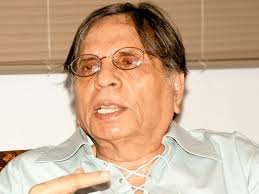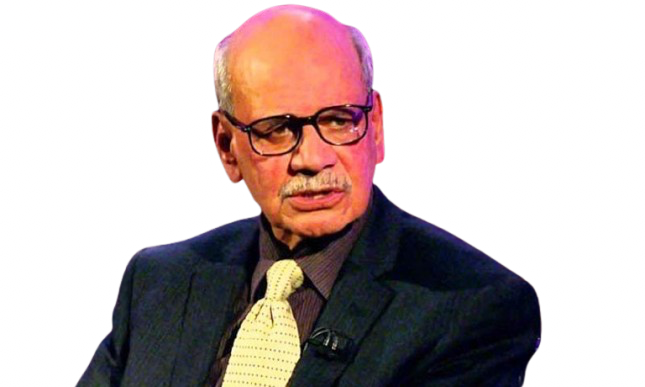
History bears witness that no nation has ever enjoyed perpetual ascendancy. When empires succumb to decline, they often fragment into smaller states, with some even losing their historical identity entirely. This column explores the rise and fall of three notable empires, their trajectories, and the indelible marks they left on history.
The Roman Empire
The Roman Empire, grounded in military prowess, achieved unparalleled conquests, leading to an expansive territory that became increasingly difficult to manage. Over time, the Roman military integrated soldiers from conquered nations, altering its cohesion and combat strategies. Meanwhile, Roman officials in subjugated regions exploited resources, resorted to looting, and treated local populations with disdain. This maltreatment spurred widespread rebellions that the ruling elite failed to quell, culminating in the Germanic tribes capturing Rome in 410 CE.
The Roman Empire had already divided into Eastern and Western halves. The fall of the Western Empire led to the fragmentation of Europe into small feudal states. Feudal lords resided in fortified castles with private armies, frequently waging wars against each other. This incessant conflict brought devastation to villages and towns, making peaceful living nearly impossible for ordinary people.
During this medieval period, political power became fragmented, while the Church emerged as a dominant institution. Society grew increasingly religious, with rulers subservient to the Pope. The decline of the Roman Empire plunged Europe into cultural and intellectual backwardness.
The Mongol Empire
The Mongol Empire, established by Genghis Khan (d. 1227), expanded through military conquests. His successors, such as Kublai Khan (d. 1294), ruled over China, while Hulagu Khan (d. 1265) wreaked havoc in Central Asia, destroying the Ismaili fortress of Alamut, burning its library, and later sacking Baghdad in 1256. The destruction included the famed House of Wisdom and the massacre of Baghdad’s citizens.
At their zenith, the Mongols expanded into Eastern Europe, subjugating Russian rulers and establishing the Golden Horde, a vast Mongol encampment. From here, Mongol leaders governed Russian principalities, collecting tributes from Russian rulers who had to journey to the Horde.
Like other empires, the Mongols eventually declined. Ming emperors expelled them from China, while a coalition of Russian princes defeated the Golden Horde in 1380, marking the end of Mongol dominance. Subsequently, the Mongols retained power only in Persia, where they were known as the Ilkhanate and adopted Islam. By then, they had retreated to their Mongolian homeland. Despite their conquests, the Mongols left little cultural or civilizational legacy, with their history marked primarily by destruction and massacres.
The Mughal Empire
The Mughal Empire in India controlled vast territories but began to weaken after the death of Emperor Aurangzeb in 1707. The absence of a succession law led to internal strife among heirs after each emperor’s death. These power struggles destabilized governance, depleted tax revenues, and created economic challenges for the ruling elite.
Administrative disarray severely affected ordinary people, who suffered from hunger and poverty. The weakened Mughal state faced uprisings from Marathas, Jats, Sikhs, and Rohilla Pathans. Lacking a strong army or resources, the Mughal rulers could not suppress these rebellions.
In 1757, the East India Company’s victory at the Battle of Plassey solidified its political power. By 1764, the Mughal emperor had granted the Company the right to collect taxes in Bengal and Odisha. Thereafter, the Mughals alternated between serving as dependents of the Marathas or the British.
The Mughal Empire eventually fragmented into smaller states. While larger states like Awadh, Murshidabad, and the Deccan existed, the country was dotted with smaller principalities. This disunity made it easier for the British East India Company to consolidate its rule with minimal resistance.
Reflection on Modern Times
In light of this historical context, one must ask: if modern superpowers were to face decline, would they too disintegrate into smaller states?
Note: This is the english translation of his Urdu column published on DW Urdu.








